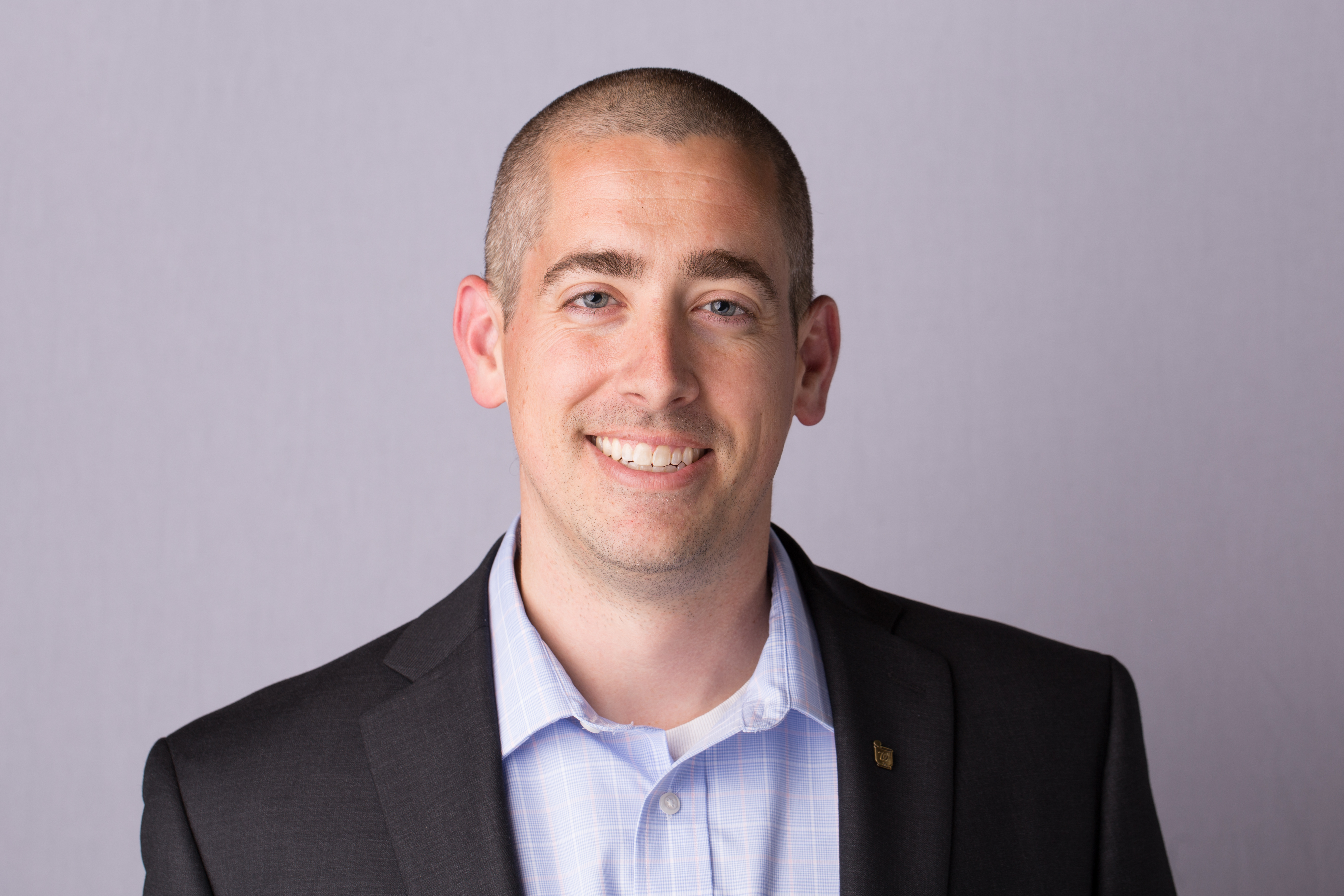With COVID-19 cases on the rise throughout the United States and many areas returning to stay-at-home orders, the nation’s hopes are pinned on several promising announcements regarding vaccine candidates. But even when an approved vaccine becomes available, there are logistical hurdles to contend with: who gets it first? Where do we go to get the vaccine? Who can actually administer it?
As part of Operation Warp Speed, Walgreens is playing a pivotal role in managing these logistics. Along with other retail pharmacies, our company will help administer the vaccine, once approved, to the general population. First, though, we are helping to ensure that the most vulnerable – those living and working in assisted living and skilled nursing facilities – will be the initial group to receive protection from the virus.
“As we’ve seen over the course of the pandemic, long term care facility residents and their staff have been hit hard by this pandemic, because these patients tend to have complex medical and comorbid conditions which puts them at higher risk for complications from COVID-19,” says Dave Stauffer, director of immunizations, Walgreens. “The federal government wants to ensure they’re doing everything in their power to protect this population.”

David Stauffer
That’s where our work with PharMerica comes in. As a post-acute and long-term care full-service pharmacy solution specializing in senior living settings, they ensure accurate and timely access to medications, control pharmacy costs, and foster compliance with regulations with a best-in-class approach to reduce errors and improve outcomes. PharMerica’s deep expertise in the unique needs of this population will be invaluable – especially when combined with Walgreens robust offsite immunization program.
“PharMerica has deep, long-standing, and trusted relationships with their clients as a full service pharmacy, but their business model doesn’t include administering immunizations on the broad nationwide scale that we do today,” Stauffer explains. “PharMerica’s relationships and knowledge, combined with Walgreens caregivers who are seasoned in onsite immunization clinics – since 2015, we’ve successfully conducted 150,000+ offsite immunization clinics across the country – uniquely position our two companies to help ensure safe vaccination of residents.”
To learn more about this “unique positioning”, we sat down (virtually) for a conversation with T.J. Griffin, chief pharmacy officer at PharMerica.
As experts in long-term care pharmacy, I imagine that you’ve seen firsthand how dramatically the senior population has been hit by COVID-19.
Griffin: Absolutely. We work with elderly in skilled nursing facilities and assisted living facilities – and we work with 350,000 patients every single day. Today's nursing homes are really almost mini-hospitals. These post-acute facilities and skilled nursing centers are getting patients that are still very, very sick. Many have their own dialysis units. We also care for patients who are on ventilators. And you know, the average age of a patient in an assisted living facility is 85. So we are serving one of the most frail parts of our population. Moving forward as soon as possible with the vaccine for this important sector is truly an important step to getting back on our feet as a country.

T.J. Griffin
Why does the government need to work with companies like PharMerica and Walgreens? Couldn’t the vaccine, once approved, be shipped directly to care facilities, so that the healthcare professionals working there could just give the shots?
Griffin: Well, when we do something like the flu vaccine on the long-term care side, it’s exactly like what is described. We send the flu vaccine in bulk to the facility, and they’re able to give the vaccine both to their staff and to their residents. Nothing the pharmacy does in that case is patient specific, and there's no special handling needed for a flu vaccine; most of our facilities get it in a prefilled syringe which is refrigerated, and it’s very easy to administer.
More importantly, there are no reporting requirements. When a flu shot is given in a retail pharmacy setting like Walgreens, it's put through a system that then reports that individual flu vaccination to each individual state’s immunization information system, or IIS. But in the long-term care setting, we are exempt from reporting to the IIS; we just report the vaccines given through Medicare, and so our operating system doesn't have a vector to report this way.
With the COVID vaccine, we’re required to report every individualized dose to the CDC, through the state IIS systems. There are 63 different IIS jurisdictions in the country, and there's no rapid way for us to join and create a reporting vector with each of them. It would be a heavy lift from an IT perspective, and we’re in the middle of a pandemic so each of these state regulators is not in a position to expedite the process. So it makes total sense for us and the industry to partner with an organization like Walgreens, who already has this expertise.
That makes sense. I’d imagine that our team at Walgreens can learn a lot from your experience working with patients and staff in these communities, too, which will help expedite the process.
Griffin: It's a big undertaking, and it's been a pleasure to work with Dave (Stauffer) and the Walgreens team. We've actually partnered for the last couple of years for flu shot clinics – this fall, we're doing around 200 flu clinics together in our assisted living facilities. But we’re helping them understand that we’re not going to be able to just pull a mobile vaccine clinic van in front of a nursing home and have the patients all come out to you. The pharmacists administering the shots will have to go into the nursing center, sometimes room to room, with all the precautions that entails.
And the other complicated thing are the staff, because we’ll have to bill their individual insurance for the vaccine administration fee. Our staff can make sure that all that information is gathered ahead of time, so that the clinics run by Walgreens can run smoothly.
I hadn’t even thought about the staff. But it makes sense that anyone working with these vulnerable senior patients should be getting the vaccine at the same time.
Griffin: There are so many logistical issues here. It’s more than just assisted living and long-term care staff and residents we need to consider. Many companies own what's called continuing care retirement communities; these are places that have an assisted living facility on the same campus as what we call independent living. Think of a kind of a compound that's 500 apartments, a hundred-bed skilled nursing facility, and a 60-bed assisted living facility owned by the same entity. You might have an 85-year-old husband who's in the memory care unit at the assisted living, but his 85-year-old wife is still living in their apartment on campus. It doesn’t make sense to only vaccinate the 160 in the skilled nursing and assisted living facilities, and not the other 500. We were able to explain this to the government, so now many of these large campuses will be included in this first phase of Operation Warp Speed.
This is great news, but you can see how the scale of this effort gets really big, really quickly. There's about 1.4 million patients in skilled nursing facilities across the United States, spread across 15,000 facilities. And most have about a one-to-one ratio of staff to patients, and then there are kitchen staff and volunteers. So you've just taken 1.4 million patients and doubled it to 3 million when you include the staff. Now do that twice, because most of the vaccines in trials need two shots - have a clinic one day, and then 21 days later, another clinic. You're talking about a mass immunization event that has to be very tightly coordinated. And again, that’s where we’ve helped Walgreens understand what they need to prepare for, and where Walgreens experience and scale can meet the challenge head on.
There have been some promising signs that a vaccine may be available in the near future. Is there anything Walgreens and PharMerica are doing to prepare, other than the obvious logistical preparations?
Griffin: It doesn't do us any good to have a vaccine if people are too scared to take it. So, in that vein, we've been working together with some of the pharmaceutical manufacturers to create a pathway to understanding the data, so that we can become a more appropriate mouthpiece for vaccine education. This can't come from the politicians; it really needs to come from the healthcare professionals. Pharmacy ranks up there as one of the most trusted profession, and I think we should utilize that in order to get folks the information they need regarding the vaccine including the potential benefits of taking it. We need to do all we can to promote vaccine education, vaccine awareness, and hopefully vaccine acceptance.
I also think we will continue to lean on each other’s strengths when the day comes to start Phase 1. One of the things we recognize is that Walgreens has administered 60 million vaccinations in the last 10 years. You guys are absolutely the immunization experts. Our expertise is the clinical nature of, and the specialty of long-term care. We can work hand in hand with you all; you utilize your immunization expertise, we'll introduce you to the right customers, the glossary of terms, what to expect when you walk into a nursing home. And then it's, it's a win-win for all of us, for America.

